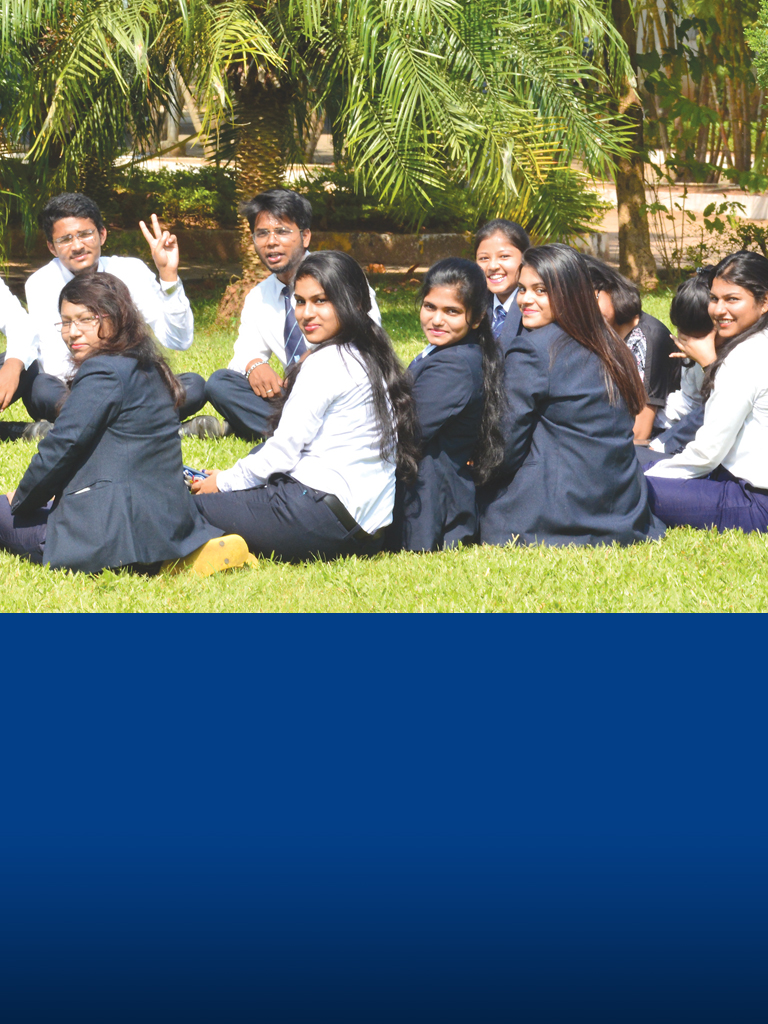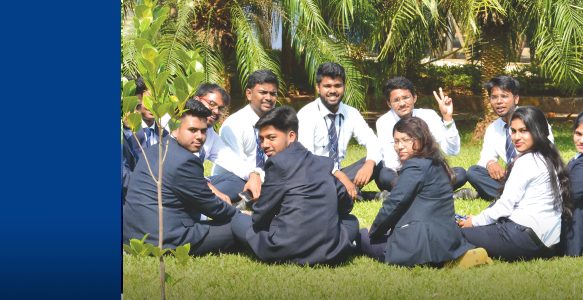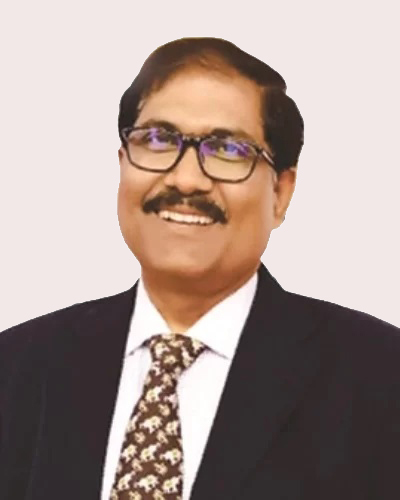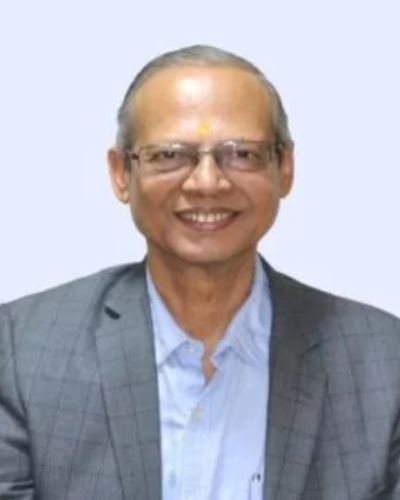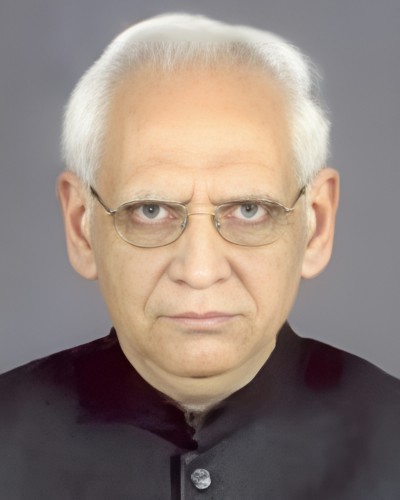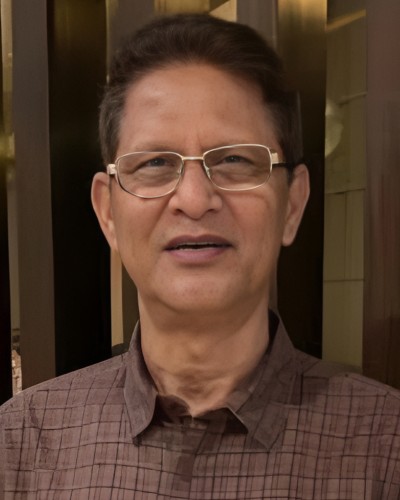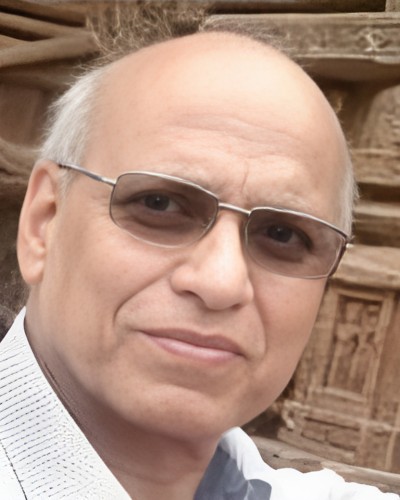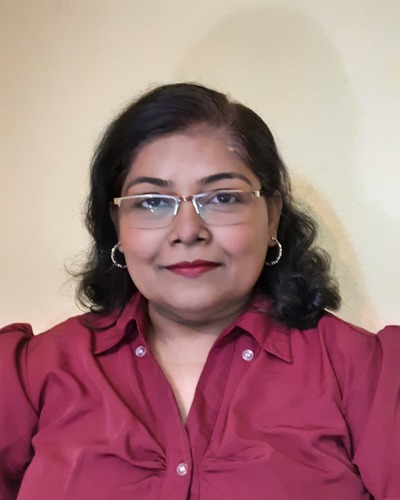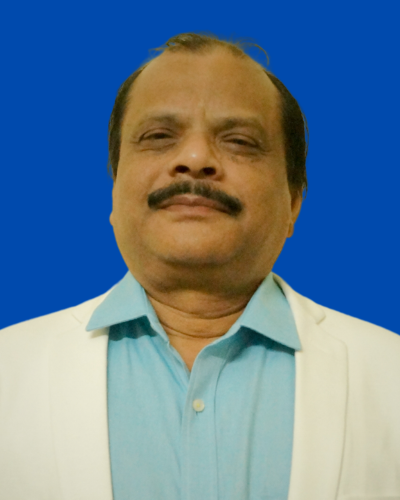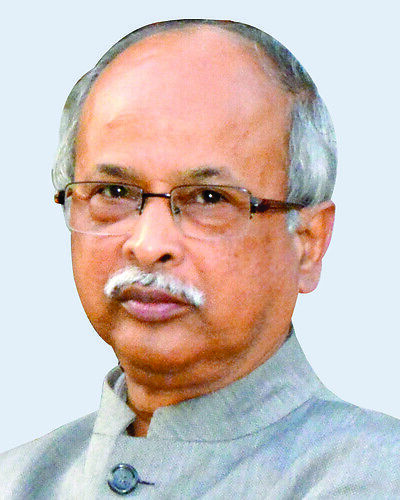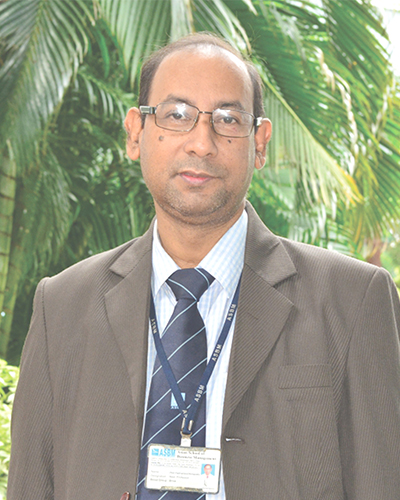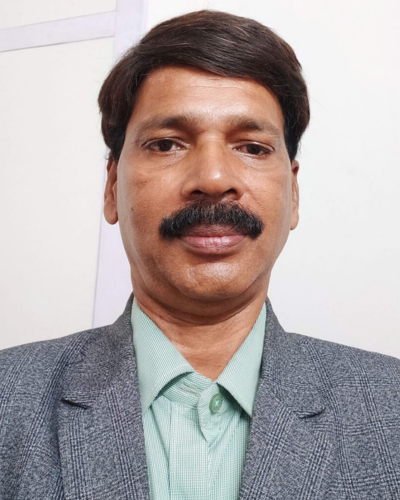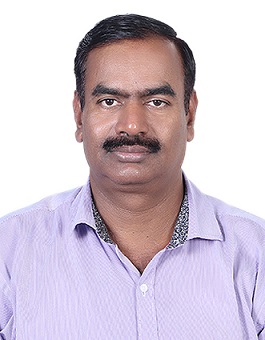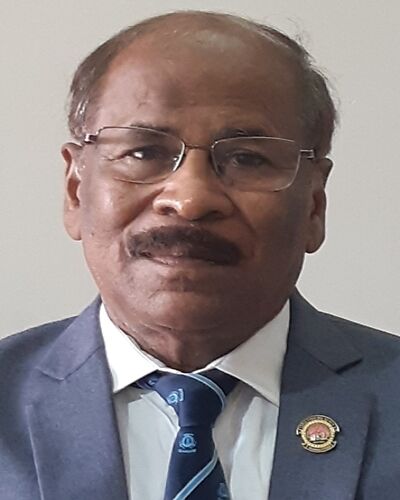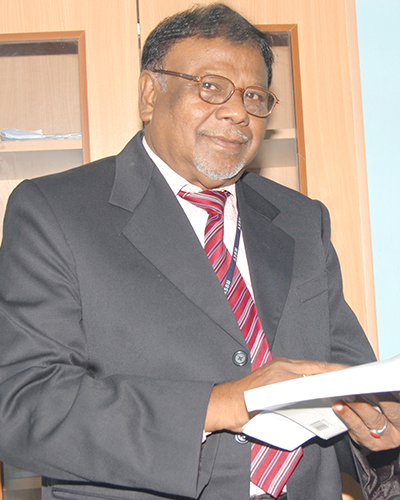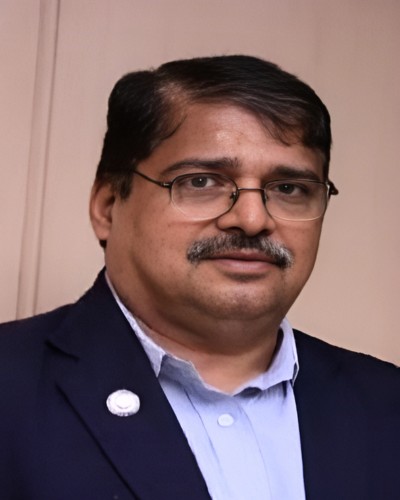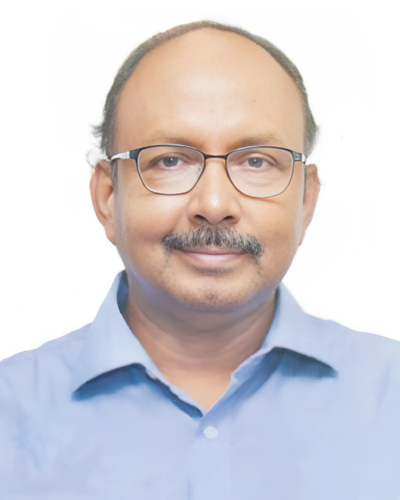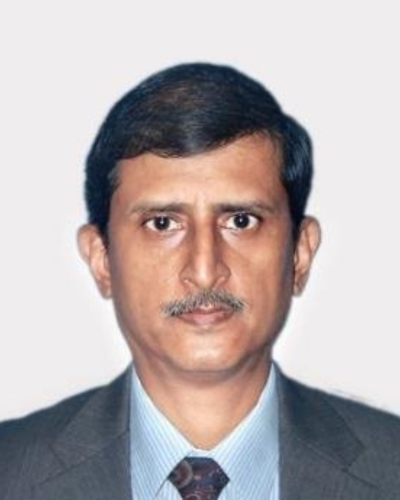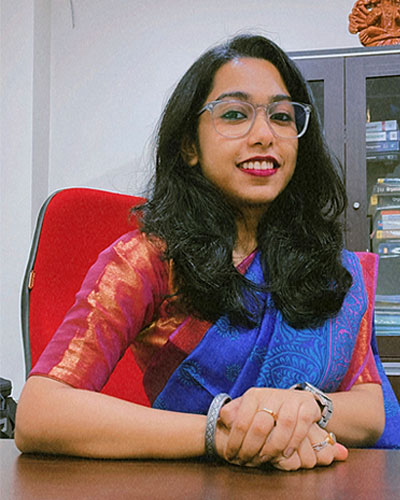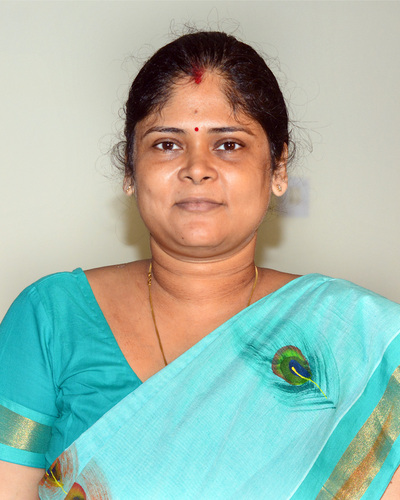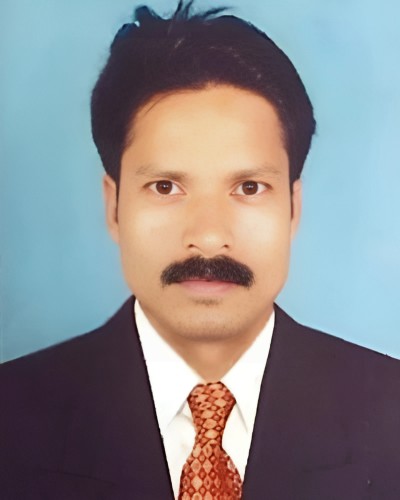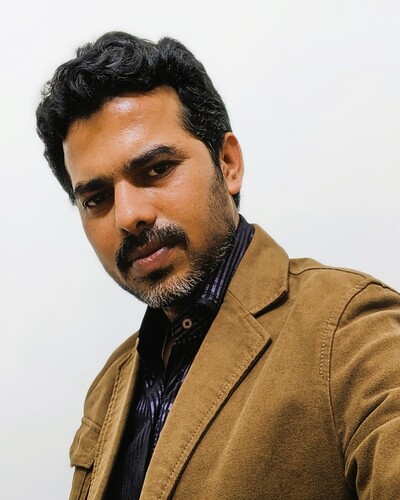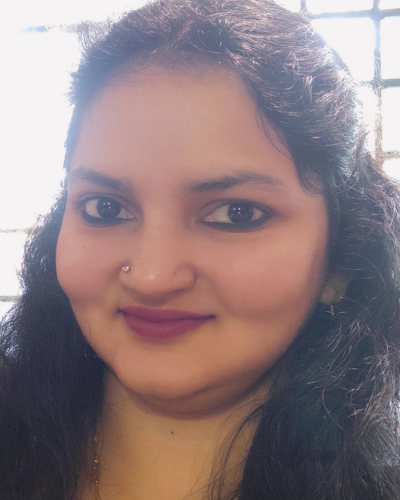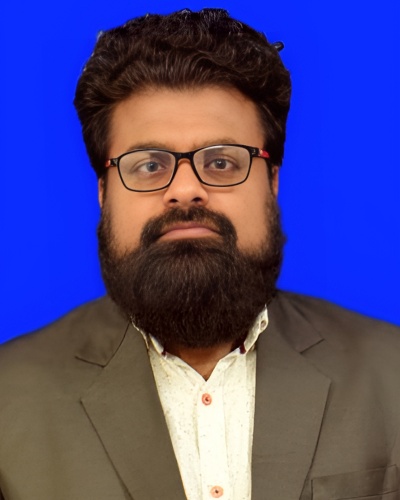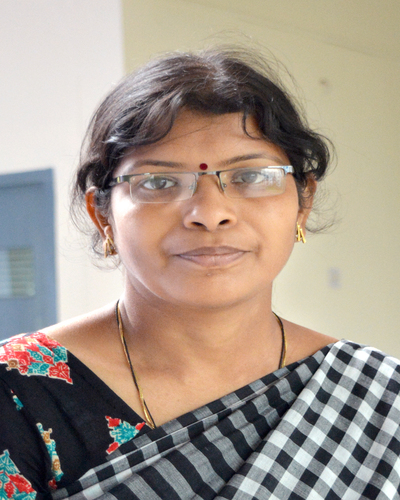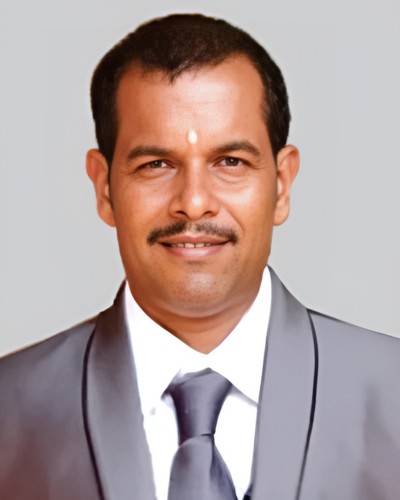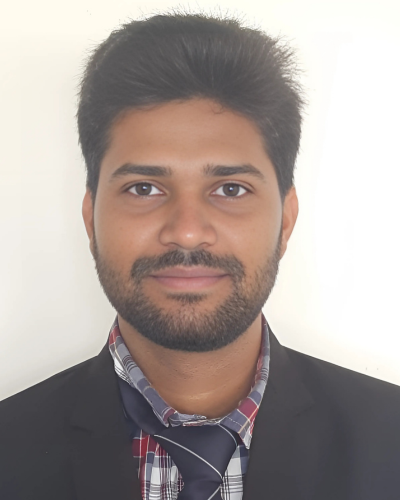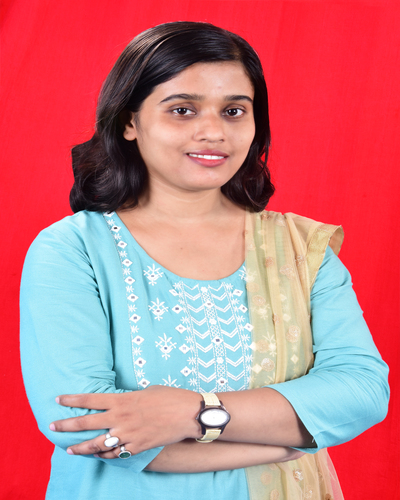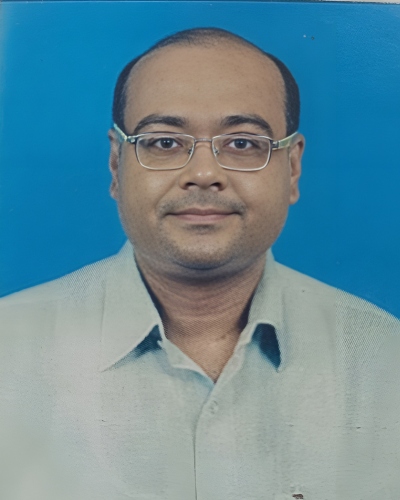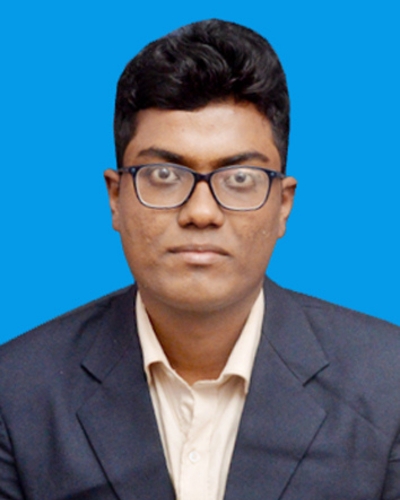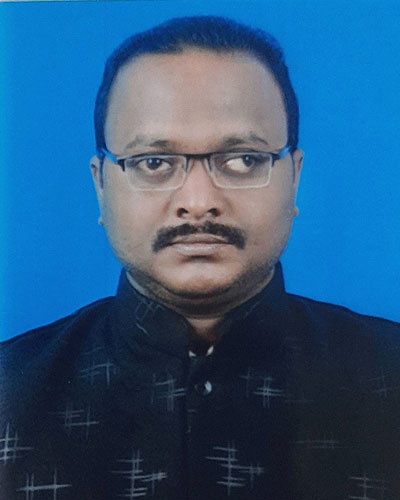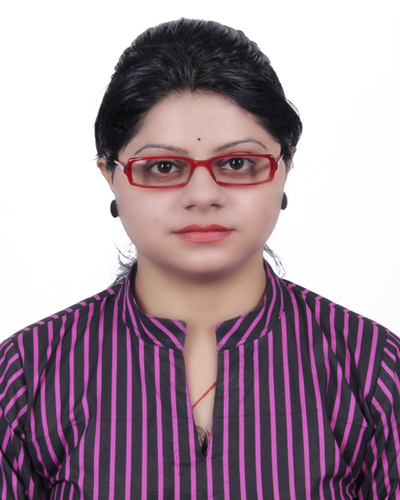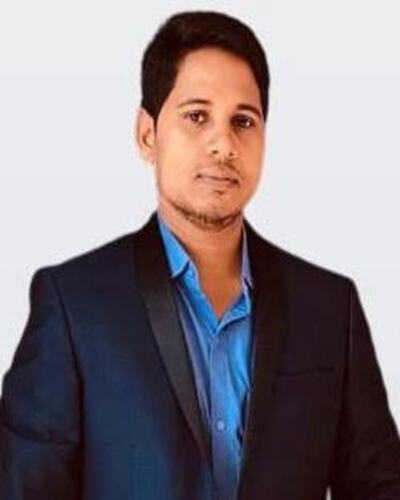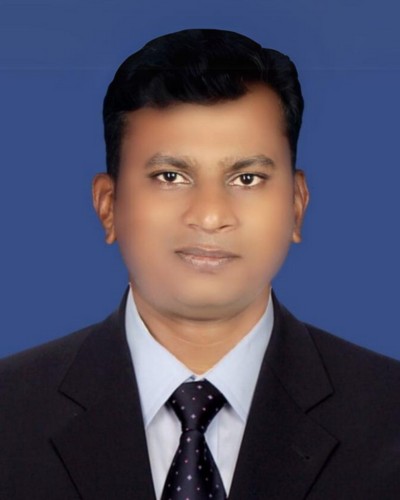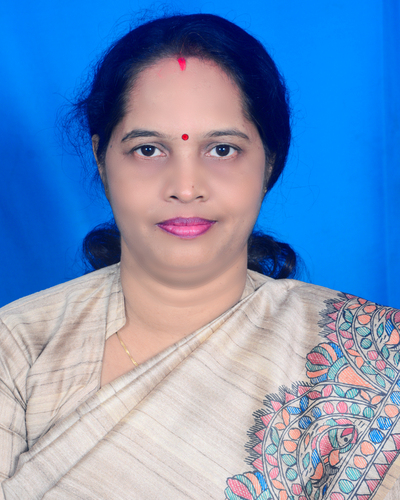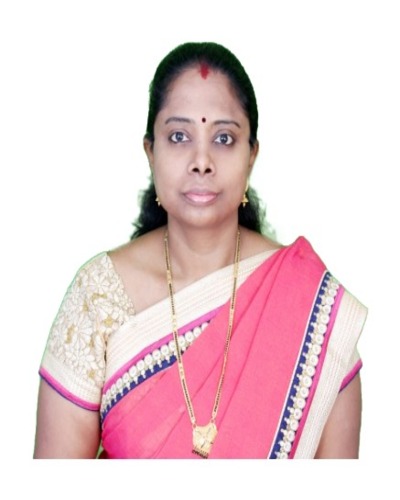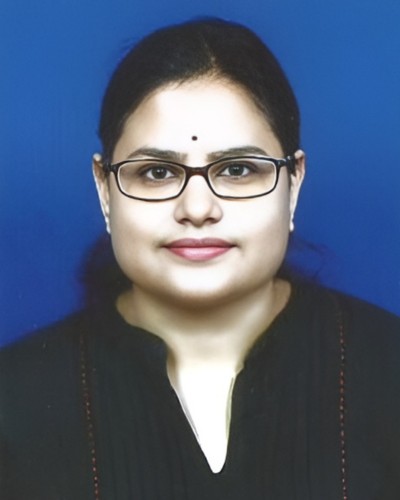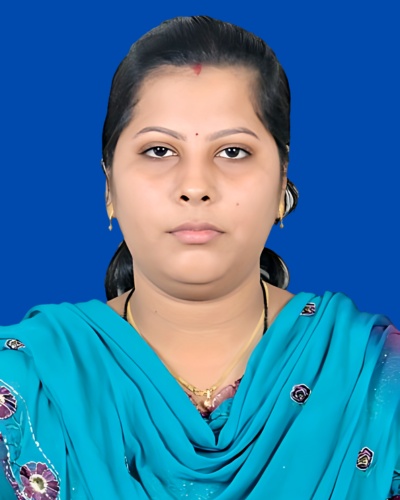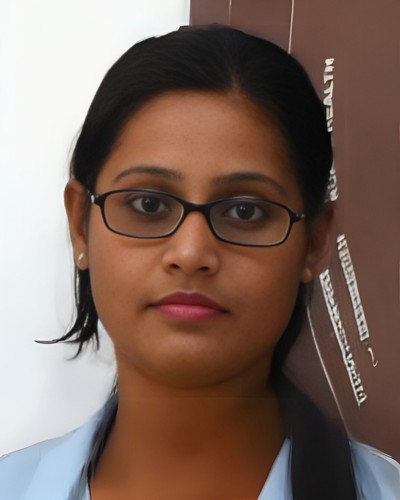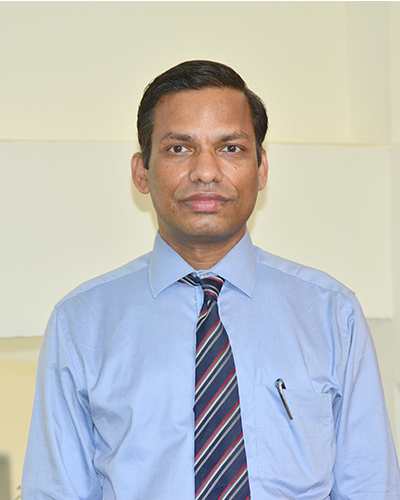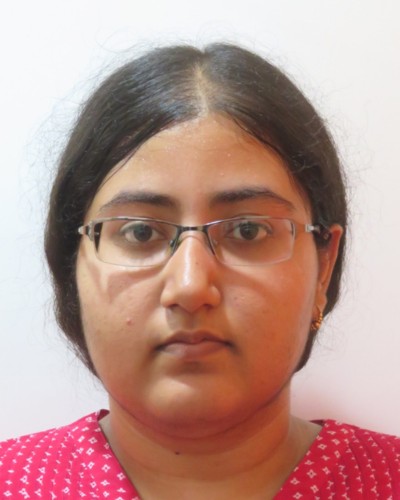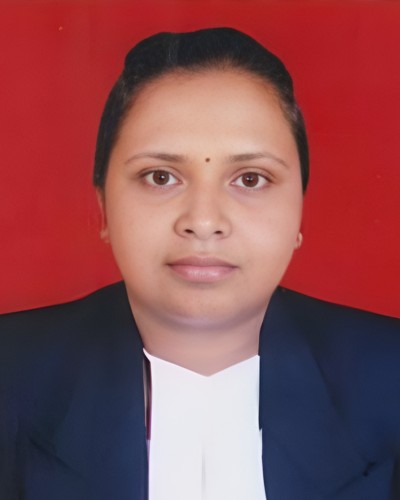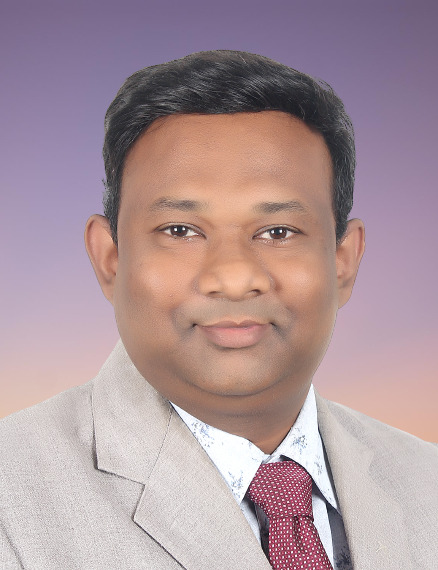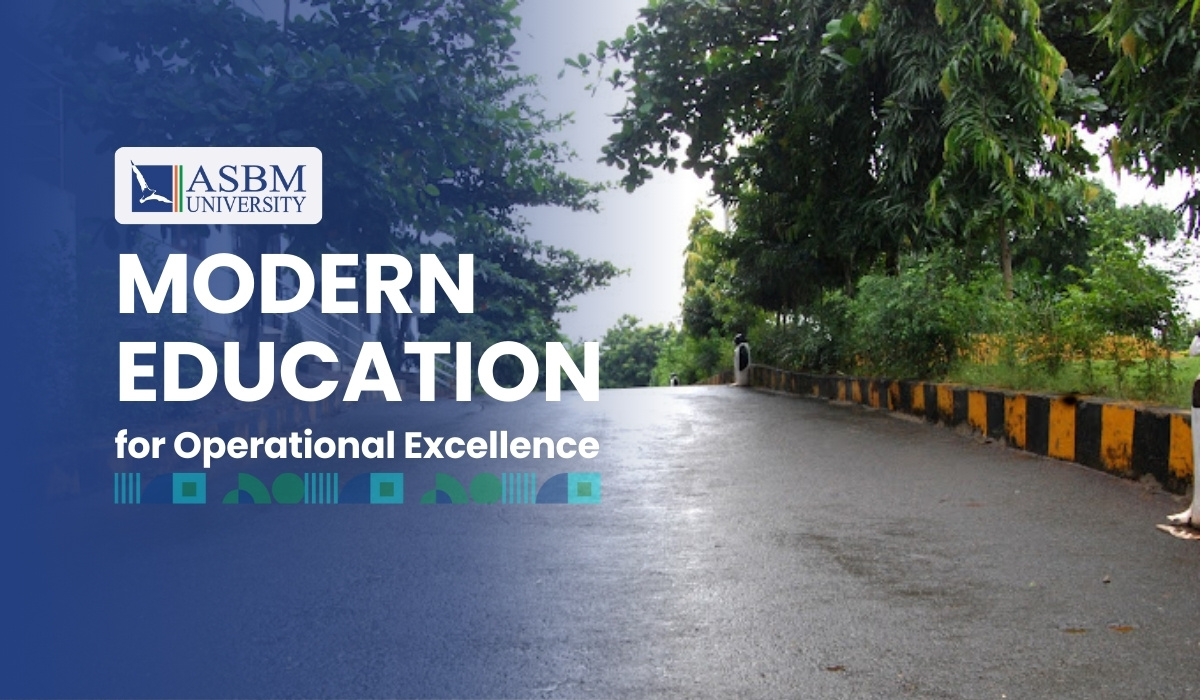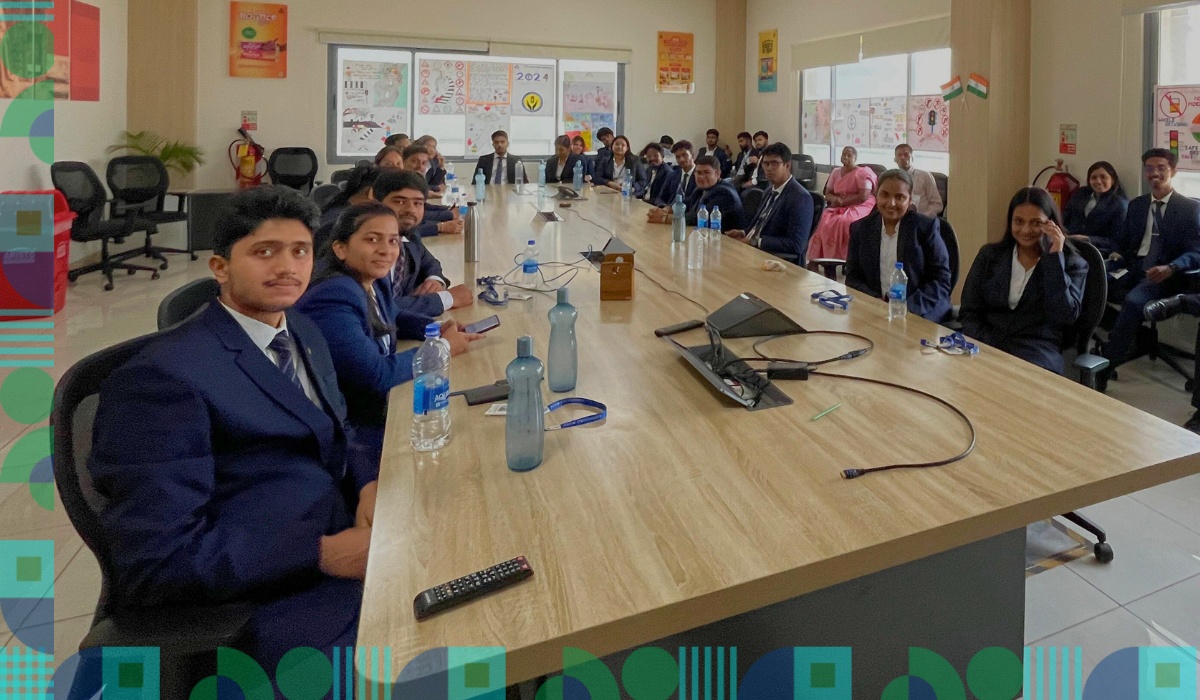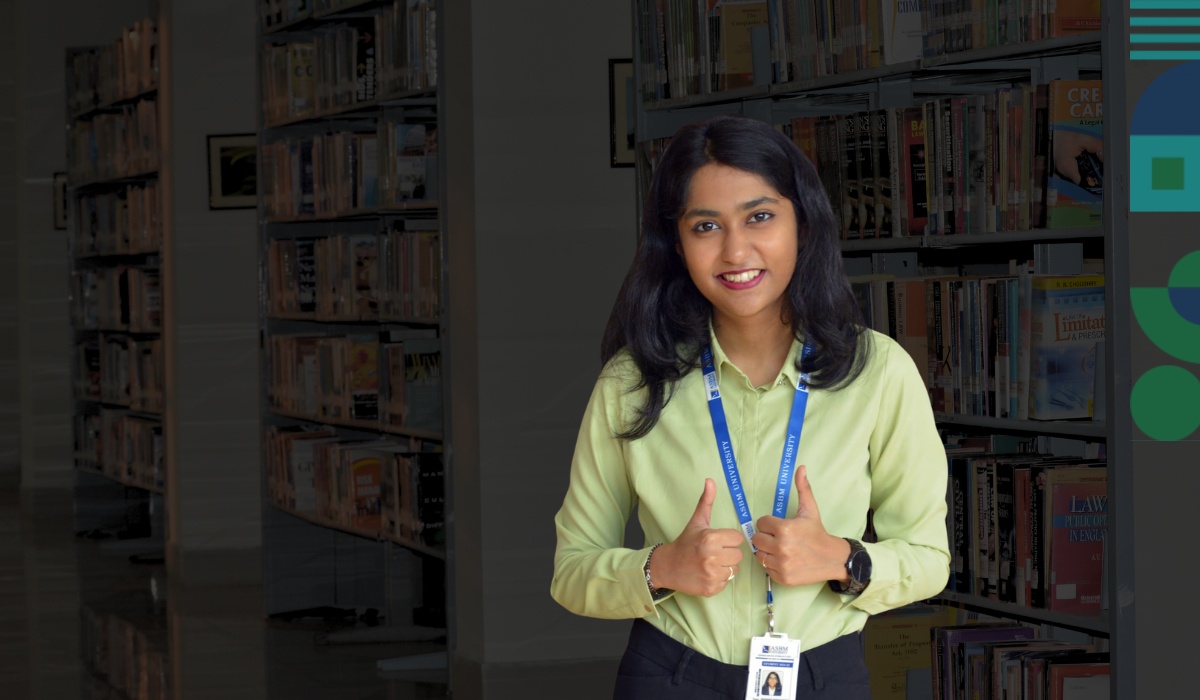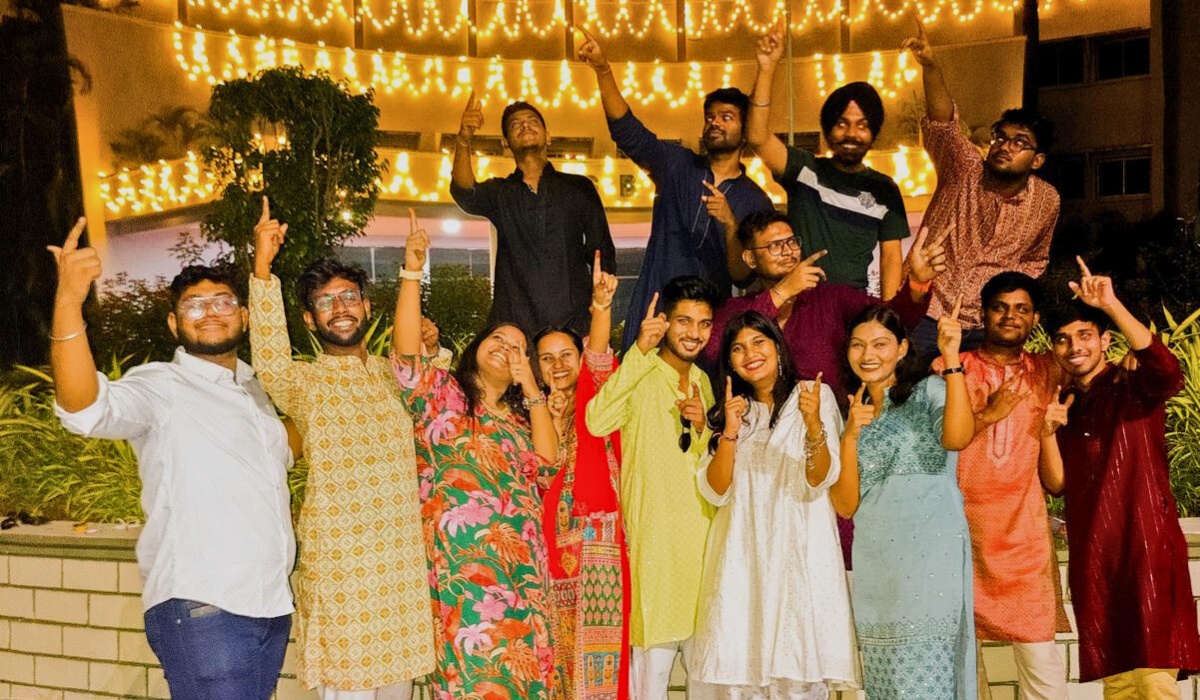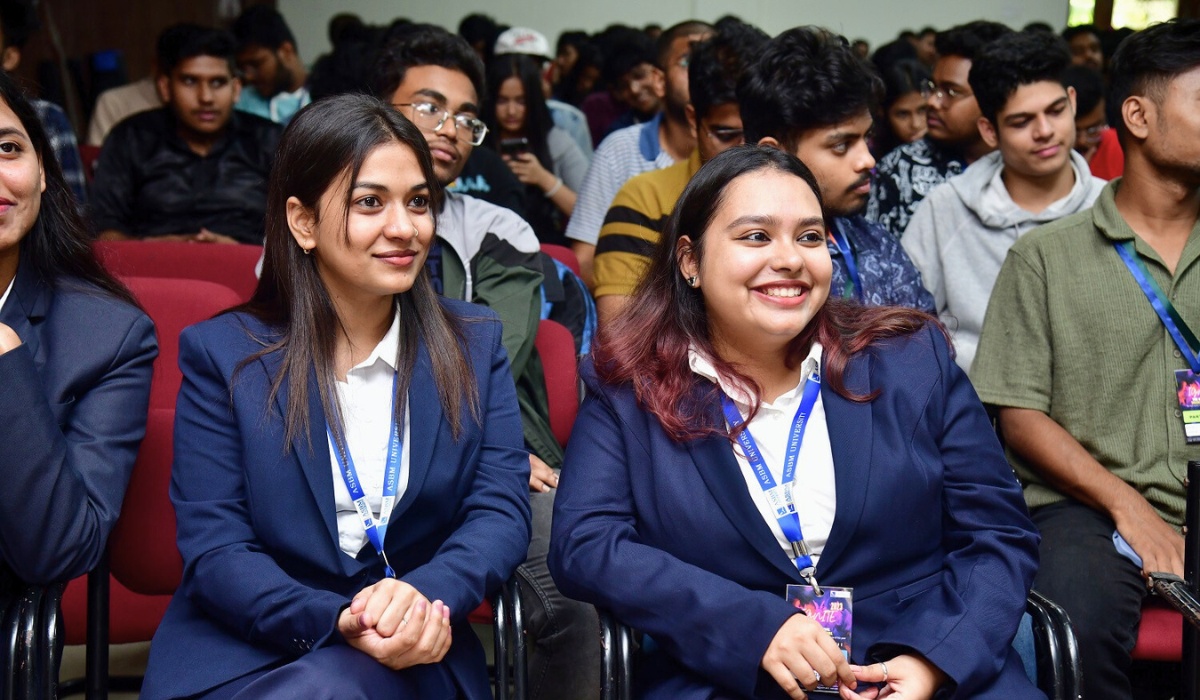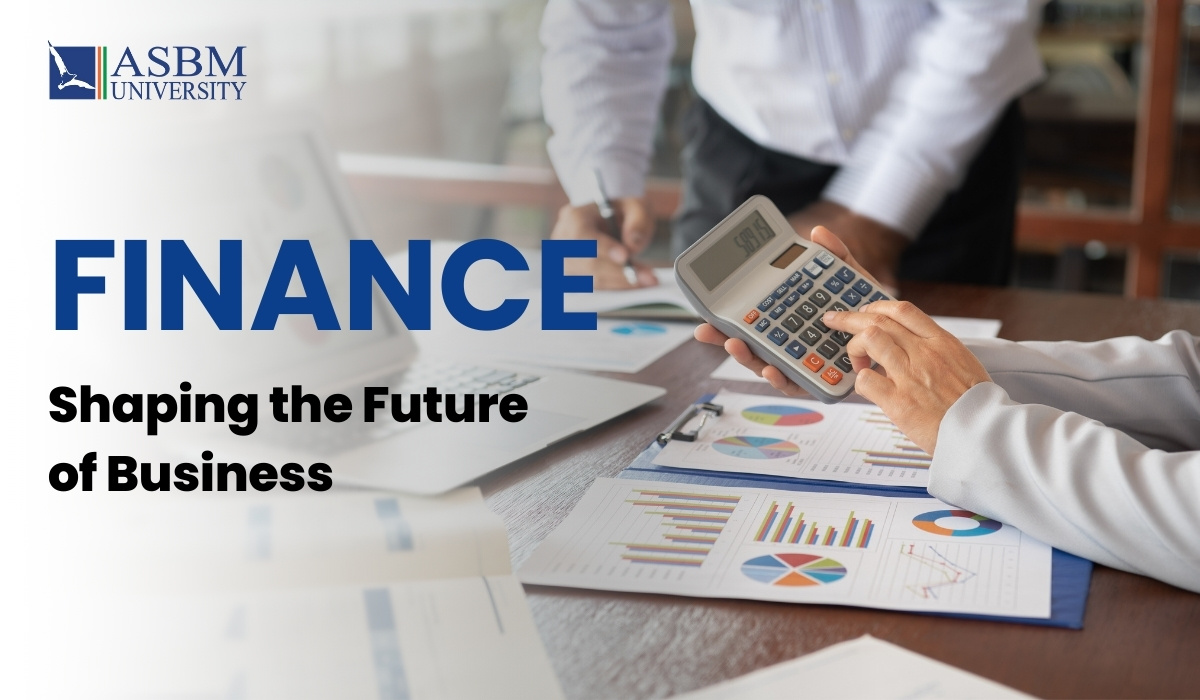Collabration
Master of Arts in Applied Psychology
Programme Key Stats
2025
Admission Session
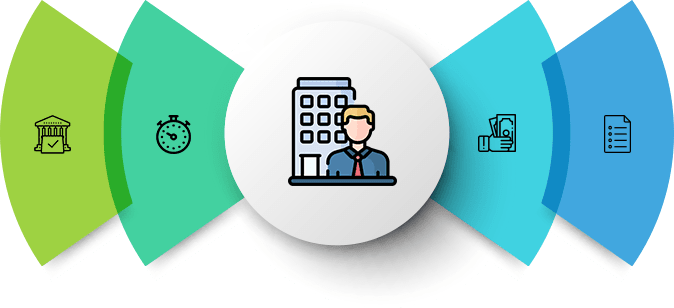
Pursued a bachelor’s or equivalent degree in psychology with a minimum 50% marks in aggregate (45% for reserved category)
Eligibility criteria
Programme OVERVIEW
Master of Arts (M.A.) in Applied Psychology programme intends to familiarise students to the extensive study and application of psychological principles and findings. Banking upon the concepts and theoretical frameworks from various disciplines such as clinical psychology, industrial & organisational psychology and counselling psychology, the programme facilitates students to learn how to empower people throughout communities, regardless of their social, economic, racial or educational background.
The University offers the Master of Arts in Applied Psychology is a two–year full-time programme spread over four semesters of classroom interaction. The programme equips students to create a strong research-oriented theoretical foundation in consonance with recent advances in the discipline of psychology and enables students to take a creative, empirical and ethical approach to the programme that combines conceptual repertoire and research practices in both quantitative and qualitative traditions.
Master of Arts in Applied Psychology at ASBM University helps the students to explore the important theoretical concepts of the discipline. The programme trains the students to solve problems within human behaviour such as health issues, workplace issues, or education.
Master of Arts in Applied will enable the potential learners to pursue a career in counselling, clinical psychology, industry or organisations, research, social work sector, the healthcare sector and many more. The University has a collaboration with the Mental Health Institute – Centre of Excellence, SCB Medical College and Hospital, Cuttack for practical exposure.

Why
Applied Psychology
- Designed on LOCF pattern
- Offering specialisation in Clinical Psychology, Industrial & Organisational Psychology and Counselling Psychology
- Innovative teaching pedagogy
- Experienced faculty from industry, profession and academics
- Continuous evaluation pattern
- Separate hostel facilities for boys and girls inside the campus
Course Curriculum
Research/Dissertation
A student will undergo minimum 920 hours of course work during the two-year programme. The courses have been classified into credits. A course carrying 100 marks shall be equivalent to 4 credits and the course carrying 50 marks shall be equivalent to 2 credits.
The curriculum consists of 92 credits where Ability Enhancement Course (AECC) is of 2 credits, Core Discipline courses are of 56 credits, Generic Electives (GE) are of 8 credits, Discipline Specific Electives (DSE) are of 16 credits, Skill Enhancement Course (SEC) is of 2 credits and Dissertation is of 8 credits.
Curriculum Design
In the fourth semester, the students are required to undertake a project/ submit a dissertation report to relate their classroom learning to the ground realities. This is intended to sharpen their knowledge and hone their skills and develop a better appreciation of academics. The experience, thus gained, also helps the students in planning their future professional careers.
Semester - I
- INTRODUCTION TO APPLIED PSYCHOLOGY
- QUANTITATIVE RESEARCH METHODS
- APPLIED SOCIAL PSYCHOLOGY
- ANYONE FROM THE LIST
- COMMUNICATION SKILLS IN PSYCHOLOGY
Semester – II
- APPLIED COGNITIVE PSYCHOLOGY
- PSYCHOLOGY OF SCALING AND TESTING
- COMMUNITY PSYCHOLOGY
- ORGANIZATIONAL BEHAVIOUR
- ANYONE FROM THE LIST
- ANYONE FROM THE LIST
Semester – III
- THEORY AND PRACTICE OF GUIDANCE & COUNSELLING
- BEHAVIOUR MODIFICATION AND BEHAVIOUR THERAPY
- MODELS OF GUIDANCE AND GROUP GUIDANCE
- COGNITIVE BEHAVIORAL INTERVENTIONS
- ANYONE FROM THE LIST
- ANYONE FROM THE LIST
- FIELD TRAINING
Semester – IV
- PSYCHOLOGICAL ASSESSMENT AND DIAGNOSIS
- APPLIED PSYCHOTHERAPY
- HUMAN RESOURCE MANAGEMENT
- ANYONE FROM THE LIST
- DISSERTATION
- MOOCS
FOR WHOM
- Candidates who have pursued a bachelor’s or equivalent degree in psychology with a minimum 50% marks in aggregate (45% for reserved category) from any recognised University. Final year students can also apply.
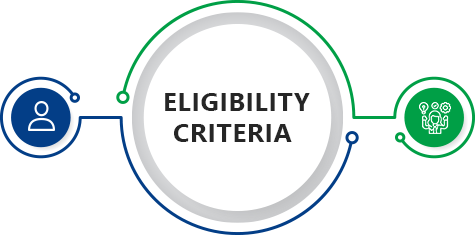
ELIGIBILITY
- pursued a bachelor’s or equivalent degree in psychology with a minimum 50% marks in aggregate (45% for reserved category).
Faculty
FAQs
What is Lorem Ipsum?
Lorem Ipsum is simply dummy text of the printing and typesetting industry. Lorem Ipsum has been the industry’s standard dummy text ever since the 1500s, when an unknown printer took a galley of type and scrambled it to make a type specimen book. It has survived not only five centuries, but also the leap into electronic typesetting, remaining essentially unchanged. It was popularised in the 1960s with the release of Letraset sheets containing Lorem Ipsum passages, and more recently with desktop publishing software like Aldus PageMaker including versions of Lorem Ipsum.
What is Lorem Ipsum?
Toggle content goes here, click edit button to change this text.
What is Lorem Ipsum?
Toggle content goes here, click edit button to change this text.
STILL HAVE QUERIES?
Lorem ipsum dolor sit amet, consectetur adipiscing elit. Ut elit tellus, luctus nec ullamcorper mattis, pulvinar dapibus leo.

